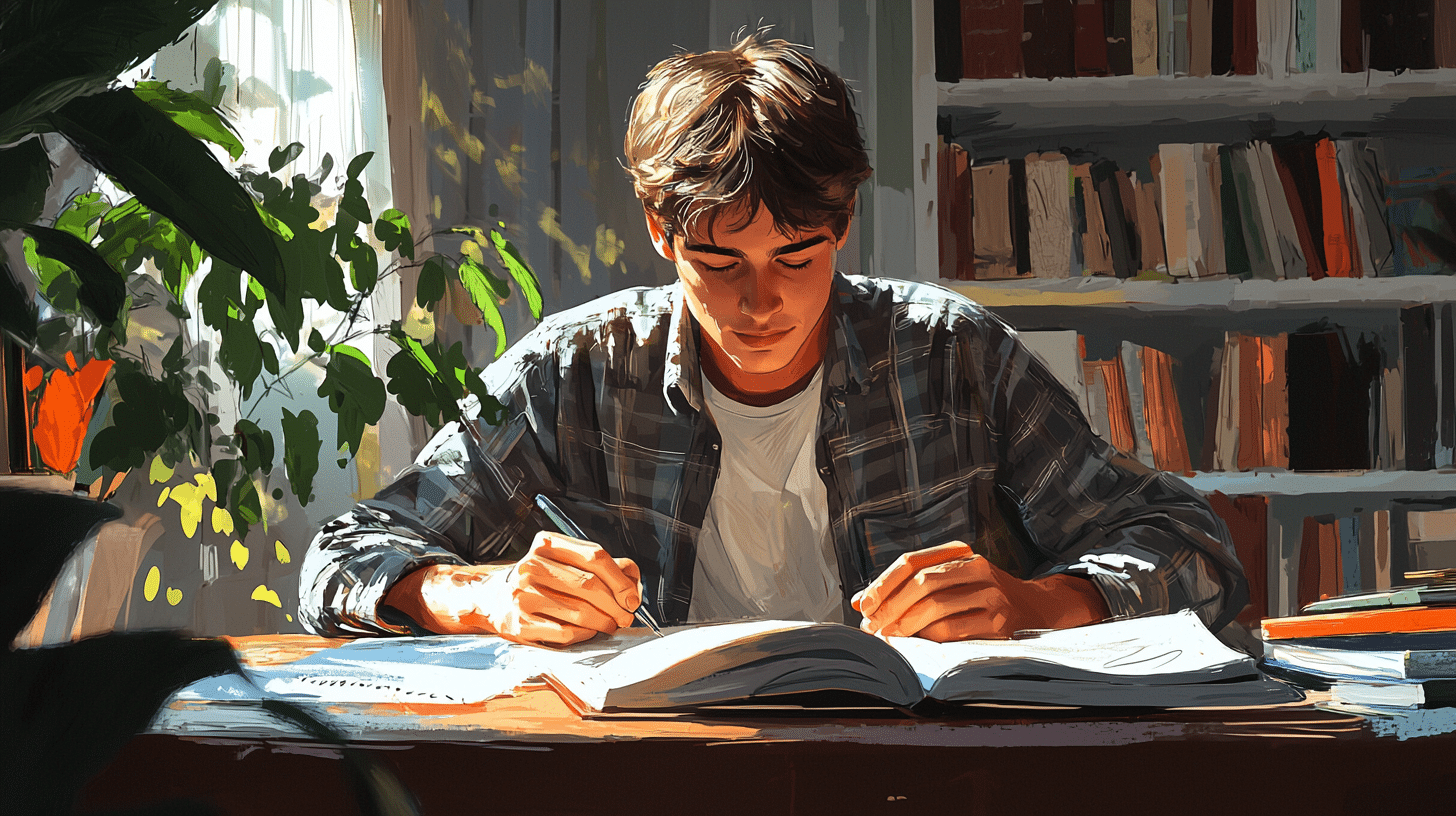
Understanding the future tense is crucial for mastering Bulgarian, a language rich in nuances and subtleties. The future tense in Bulgarian allows speakers to convey actions that will occur later, providing a clear framework for discussing plans, predictions, and intentions. With its distinct forms and conjugation patterns, mastering the future tense can significantly enhance your ability to communicate effectively and confidently in Bulgarian. This page is dedicated to helping you navigate the intricacies of the future tense, offering a range of exercises designed to solidify your understanding and application of this essential grammatical component. The exercises featured here are structured to address both the forms and functions of the future tense in Bulgarian. You will encounter various sentence constructions, from simple declarative statements to more complex conditional scenarios, all aimed at enhancing your proficiency. Each exercise is carefully crafted to challenge your grasp of verb conjugation, sentence structure, and contextual usage. By engaging with these activities, you will develop a deeper comprehension of how to express future actions accurately and naturally in Bulgarian, paving the way for more fluent and effective communication.
1. Той *ще отиде* на работа утре (verb for going).
2. Ние *ще учим* за изпита следващата седмица (verb for studying).
3. Мария *ще пише* писмо на баба си довечера (verb for writing).
4. Те *ще гледат* филм утре вечер (verb for watching).
5. Аз *ще чета* книгата през уикенда (verb for reading).
6. Вие *ще готвите* вечерята довечера (verb for cooking).
7. Иван и Петър *ще играят* футбол в събота (verb for playing).
8. Тя *ще пътува* до Италия следващия месец (verb for traveling).
9. Ние *ще се срещнем* с приятелите си утре (verb for meeting).
10. Аз *ще слушам* музика вечерта (verb for listening).
1. Утре *ще* отида на кино (future marker).
2. Те *ще* играят футбол в парка (future marker).
3. Следващата седмица *ще* посетим баба и дядо (future marker).
4. Аз *ще* участвам в състезание по математика (future marker).
5. Вие *ще* пътувате до Италия следващото лято (future marker).
6. Петър *ще* работи по нов проект от понеделник (future marker).
7. Мария *ще* готви вечеря тази вечер (future marker).
8. Ние *ще* празнуваме рождения ден на сестра ми утре (future marker).
9. Кучето *ще* лае на непознати хора (future marker).
10. Аз *ще* се срещна с приятели в кафенето (future marker).
1. Утре *ще отида* на работа (verb for going).
2. Те *ще купят* нова кола следващия месец (verb for purchasing).
3. Ние *ще пътуваме* до морето през лятото (verb for traveling).
4. Тя *ще учи* за изпита цялата седмица (verb for studying).
5. Той *ще играе* футбол с приятелите си утре (verb for playing).
6. Вие *ще готвите* вечеря довечера (verb for cooking).
7. Децата *ще рисуват* картини в часовете по изобразително изкуство (verb for drawing).
8. Аз *ще чета* книга тази вечер (verb for reading).
9. Те *ще се срещнат* в парка следобед (verb for meeting).
10. Ние *ще посрещнем* гостите в 18:00 часа (verb for welcoming).